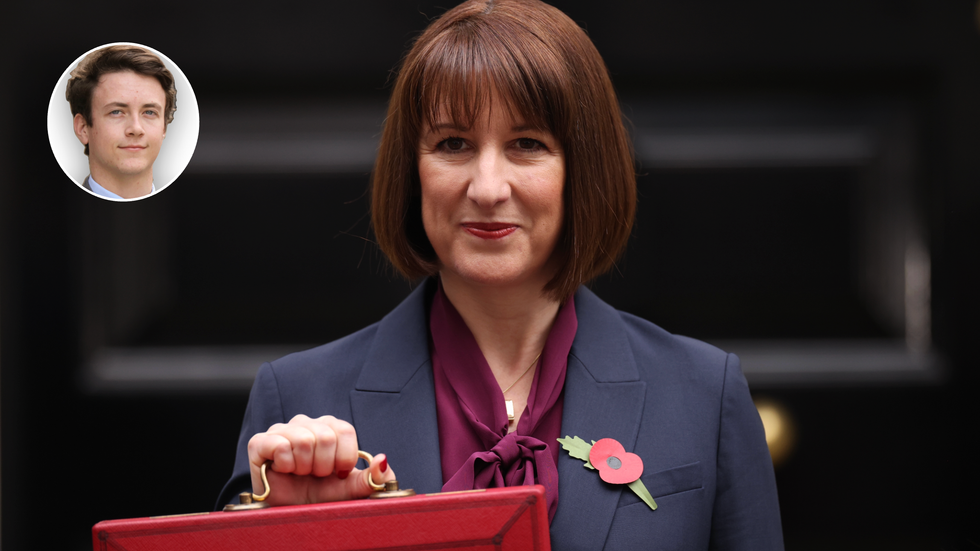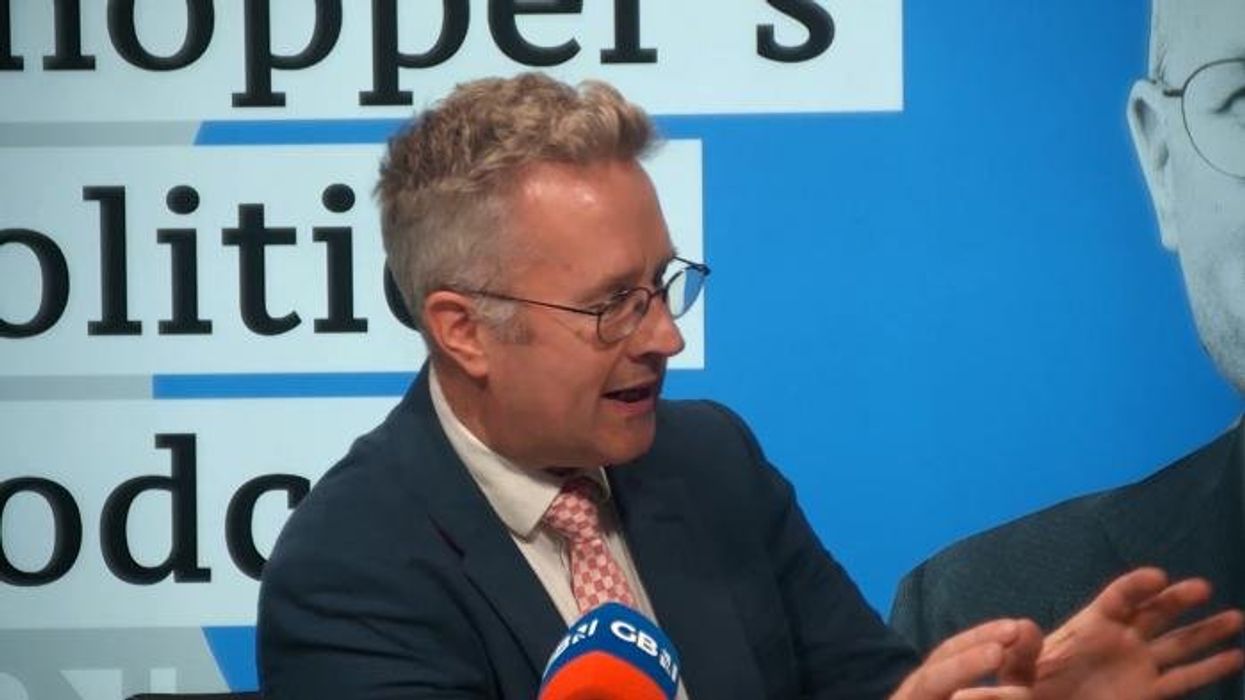Do not let the three terrible taxes distract you from the £300k coming out of your house - Callum McGoldrick
Taxes are so much more than those on income, writes the TaxPayers' Alliance's Investigations Campaign Manager
Don't Miss
Most Read
Trending on GB News
Here at the TaxPayers’ Alliance, we’ve just released one of our more depressing papers in the run-up to the budget: your lifetime tax burden.
Expected taxes paid by the average household stand at £1,277,580 over a 45-year working life and 15 years in retirement.
Put simply, you will be working for almost 20 years just to cover your tax bill. Due to a lag in the publication of the figures from the ONS, our report uses 2022-23 figures for taxes, meaning this is before Labour’s hikes to employers' NI, stamp duty and capital gains tax.
The lifetime tax burden becomes even worse for those at the lower end of the income spectrum, with the lowest earning 20 per cent of households needing to work for over 23 years to pay off their lifetime bill.
The obvious question is how on earth such an astronomical figure was reached? Well, unsurprisingly, income tax makes up the bulk of the burden at just under half of the total.
Income tax is followed by VAT and National Insurance (NI) as the biggest costs, and these are the three taxes Rachel Reeves promised not to increase ahead of the election.
Worryingly, it’s looking increasingly likely that the Chancellor will be abandoning her promises due to an inability to curb spending.
These headline taxes, which eat away at all of our earnings, often dominate the news cycle, but focusing solely on these hides the £300,000 the average household will pay in other ways. Taxes are so much more than those on income.
Even the most essential features of modern life are taxed within an inch of their lives. To drive a car, you must pay road tax, VAT on the car purchase and fuel duty on filling the tank. Even the insurance has an additional tax on it in the form of insurance premium tax.
To buy a home, most will need to pay stamp duty; after owning the home, there's council tax. Watching TV? Licence fee. Going abroad for your holiday? Air passenger duty. Pint at the pub? Alcohol duty.

Do not let the three terrible taxes distract you from the £300k coming out of your house - Callum McGoldrick
|Getty Images
And then, after working hard for all of your life, inheritance tax will capitalise on your death to fuel the government's spending.
As our polling found out, it is Britain’s most hated tax, yet the chancellor expanded it further last Autumn to hit farmers and small family businesses hard so they could fund huge public sector pay rises and their ridiculous policies, such as the Chagos surrender deal.
It is this attitude that the government should spend what it likes and reach further into your pockets to pay for it that is so prevalent among the Labour benches.
The Chancellor has been unable to restrict spending, caving at the first sign of a struggle on the Welfare Reform Bill.
Rather than having difficult conversations with back-benchers and other government ministers, your taxes, on your income, on your shopping, on your holidays and virtually every other aspect of your life, are going up.
With the national debt requiring the combined life efforts of over two million average households to pay off, and unfunded public sector pension liabilities demanding over one million more, the government's financial situation is a crisis of its own making.
Hiking taxes further, whether by extending the freeze on thresholds or raising rates, is an act of economic self-harm that will punish every family for the state's own addiction to spending.
The chancellor must reject the path of further tax rises, which would only exacerbate the economic pressures already faced by families.
The time has come to stop robbing the productive economy with this avalanche of levies and finally deliver the spending restraint and growth-focused tax cuts the country desperately needs.











